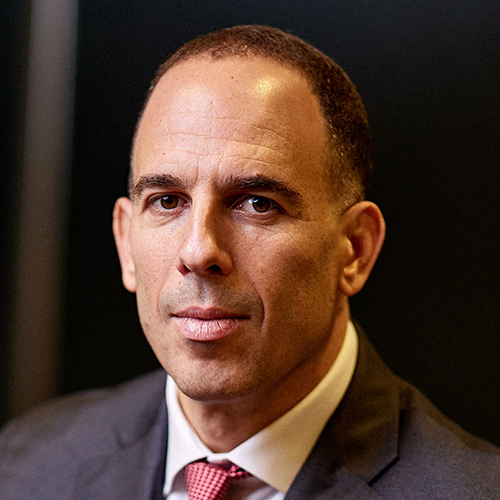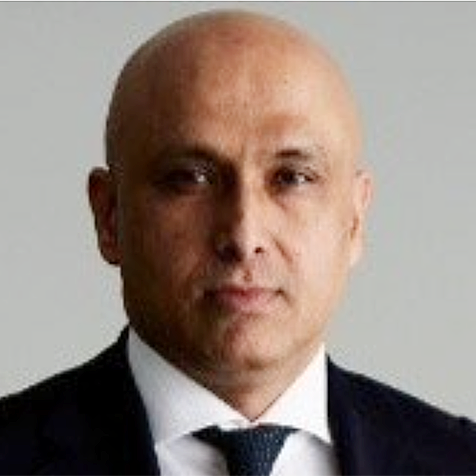Issuers from the Asia-Pacific region, the US and Europe will be issuing more sustainable debt, while institutional investors from these markets will also be investing substantially into these instruments in the next 12 months, according to a recent survey.
The survey of 550 global corporate issuers and institutional investors, published by ING on April 8, indicates that the demand for sustainable debt from investors will largely align with the financing requirements of corporate issuers over the next 12 months, and that the uptake by investors of sustainable debt is likely to be turbo-charged, in particular, by sovereign issuance of green and social bonds.
“[Green and social bonds] provide liquidity and benchmark pricing for the market as well as volume,” says Sean Kidney, CEO and founder of Climate Bonds Initiative, an international non-profit organization working to mobilize global capital for climate action. “We are having conversations about green, social and sustainable bonds in every part of the world. The real story is that capital with purpose is here to stay, and the market is looking for ways to extend the concept that has been proven with green bonds.”
A total of 450 corporate issuers, with revenues ranging from US$1 billion to US$10 billion, participated in the survey, including 150 each from Asia-Pacific, the US and Europe. About 66% of companies surveyed say that the expansion of the sustainable finance market beyond green bonds makes sustainable finance more relevant and accessible for them.
In particular, the strong momentum behind social bond issuance and subscription rates is set to continue over the next 12 months as the issuers and investors surveyed both say they have a stronger appetite for social bonds than green bonds, at least in the short term, with the pandemic recovery being a strong driver of this.
“Debt instruments with a sustainability-linked component and tools like the climate transition finance guidelines are a complement to the existing market, and they allow more industries and issuer types to participate,” says Ana Carolina Oliveira, ING’s head of sustainable finance, Americas.
Corporates that previously did not have the balance sheet to build a large enough pool of eligible green and sustainable projects, but were interested in tapping the sustainable debt market, Oliveira points out, now have the opportunity to issue sustainable debt and benefit from the advantages it brings as long as they select material issues with realistic yet ambitious improvement targets.
Of the Asia-Pacific issuers surveyed, 53% are planning to issue social bonds in the next 12 months, while 4% are planning to issue sustainability bonds, 28% green bonds, 27% transition bonds, and 11% sustainability-linked bonds.
A total of 100 institutional investors, with assets under management ranging from US$1 billion to US$20 billion, participated in the survey, including 30 from Asia-Pacific and 35 each from the US and Europe. Various types of investors were represented: pension funds (42%), insurers (32%), family offices (23%), and sovereign wealth funds (3%).
Of the Asia-Pacific investors surveyed, 47% are planning to invest in social bonds, 47% in sustainability bonds, 40% in green bonds, 47% in transition bonds, and 13% in sustainability-linked bonds.
As well, 53% of Asia-Pacific, 51% of North American and 44% of European survey respondents indicated they are more likely to issue a social bond in the next 12 months. Despite short-term momentum on social issues, only 17% of investors globally would like to see companies making more externally focused social targets a top priority. And 38% of investors see more ambitious environmental targets as a bigger priority.
The exponential growth in allocations to social bonds is also triggering a race to put in place appropriate standards and taxonomies to measure and report on outcomes.
“We and others are hurriedly looking at how we can add some rigor to this market, so that means it is a next-12-month job, not a next-36-month job,” Kidney notes. “The reporting and transparency are key for investors because it gives them clarity that capital is being used in the right way, and it is also a vital tool for predicting risk.”









